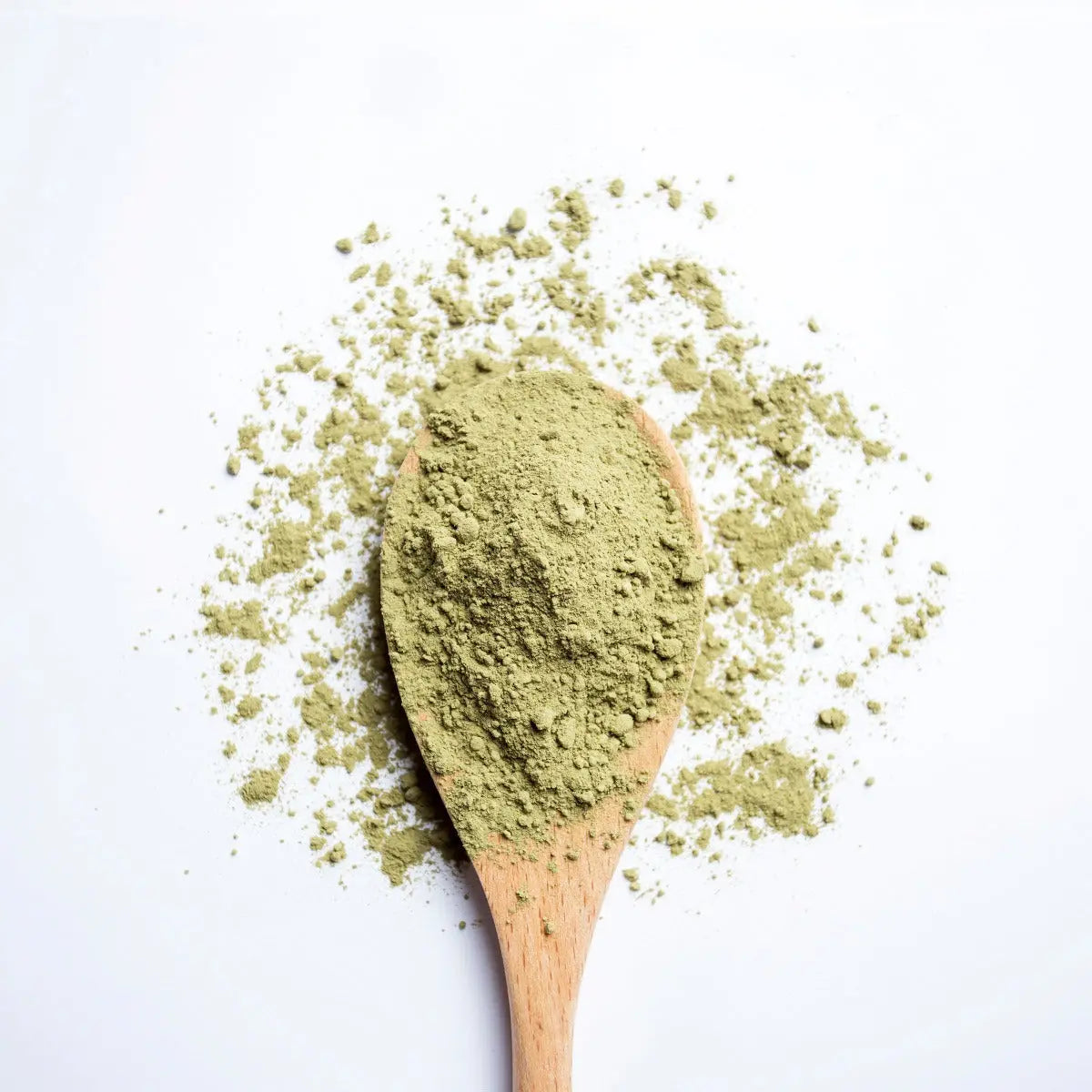Unveiling a delightful secret in the world of wellness, ginger paw paw tea emerges as a soothing blend with a powerhouse of benefits. This unique concoction combines the zesty warmth of ginger with the subtle, yet potent, papaya leaf, creating a perfect harmony that not only tantalizes your taste buds but also fortifies your immune system. Whether you're a seasoned tea aficionado or someone seeking natural remedies for better health, this infusion promises to be a game-changer. From supporting digestion to offering antioxidant properties, ginger paw paw tea is a comforting companion in your journey toward holistic health. Let's explore why this vibrant brew deserves a spot in your daily routine and how it can elevate your well-being with each revitalizing sip. For more information on the health benefits of herbal teas, check out this article from Harvard Health.
The Wonders of Ginger Paw Paw Tea
Ginger paw paw tea is a unique blend that combines the potent properties of ginger and papaya leaf. This powerful duo offers a range of health benefits, making it a must-try for those seeking natural ways to boost their well-being.
Immune System Boost
Ginger paw paw tea is renowned for its immune-boosting properties. The combination of ginger and papaya leaf creates a potent elixir that can help fortify your body's natural defenses.
Ginger contains compounds like gingerols and shogaols, which have powerful anti-inflammatory and antioxidant effects. These properties can help support your immune system by reducing oxidative stress and fighting off harmful pathogens.
Papaya leaf, on the other hand, is rich in papain, a enzyme with immune-modulating properties. It can help regulate immune responses and enhance the production of key immune cells.
Regular consumption of ginger paw paw tea may help reduce the frequency and severity of common illnesses, keeping you healthier throughout the year.
Improve Digestion Naturally
One of the most celebrated benefits of ginger paw paw tea is its ability to support digestive health. This natural remedy can help alleviate various digestive issues and promote overall gut wellness.
Ginger has been used for centuries to aid digestion. It can help reduce nausea, bloating, and indigestion by stimulating the production of digestive juices and promoting smooth muscle contractions in the gut.
Papaya leaf contains enzymes that can break down proteins and carbohydrates, making it easier for your body to absorb nutrients. This can be particularly beneficial for those with digestive sensitivities or enzyme deficiencies.
By incorporating ginger paw paw tea into your daily routine, you may experience improved digestion, reduced bloating, and better nutrient absorption.
Unveiling Herbal Tea Benefits
Herbal teas have been used for centuries in traditional medicine systems worldwide. These natural infusions offer a wide array of health benefits, ranging from improved digestion to enhanced mental clarity.
Antioxidant Properties Explained
Antioxidants are compounds that help protect your body from harmful free radicals. Ginger paw paw tea is rich in these beneficial substances, offering a natural way to boost your antioxidant intake.
Free radicals are unstable molecules that can damage cells, leading to oxidative stress. This stress is linked to various chronic diseases and premature aging. Antioxidants neutralize these free radicals, reducing their harmful effects.
Ginger contains powerful antioxidants like gingerols and shogaols, while papaya leaf is rich in flavonoids and phenolic compounds. These antioxidants work synergistically to provide comprehensive protection against oxidative stress.
Regular consumption of antioxidant-rich teas like ginger paw paw may help reduce the risk of chronic diseases and support overall health and longevity.
Ginger Tea Health Benefits
Ginger tea, a key component of ginger paw paw tea, offers a myriad of health benefits that have been recognized for centuries in traditional medicine systems.
One of the most well-known benefits of ginger tea is its ability to alleviate nausea and vomiting. This makes it particularly helpful for pregnant women experiencing morning sickness or individuals undergoing chemotherapy.
Ginger's anti-inflammatory properties can help reduce muscle pain and soreness, making it a great post-workout drink. It may also help alleviate symptoms of osteoarthritis and other inflammatory conditions.
Some studies suggest that ginger tea may help lower blood sugar levels and improve heart health by reducing cholesterol and triglycerides. However, more research is needed to confirm these effects.
Regular consumption of ginger tea may also support brain health, potentially reducing the risk of neurodegenerative diseases like Alzheimer's and Parkinson's.
Embrace Natural Remedies
In an era of increasing interest in holistic health, natural remedies like ginger paw paw tea are gaining popularity. These time-tested solutions offer a gentle yet effective approach to supporting overall wellness.
Papaya Leaf Infusion Secrets
Papaya leaf, a key ingredient in ginger paw paw tea, has been used in traditional medicine for centuries. Its potential health benefits are now being recognized by modern science.
One of the most promising aspects of papaya leaf is its potential to support platelet production. This makes it a popular natural remedy for individuals with dengue fever, a mosquito-borne disease that can cause a dangerous drop in platelet count.
Papaya leaf is also rich in antioxidants and has anti-inflammatory properties. These characteristics may help protect against cellular damage and reduce the risk of chronic diseases.
Some studies suggest that papaya leaf may have anti-cancer properties, although more research is needed to confirm these effects. It's important to note that while promising, papaya leaf should not be used as a substitute for conventional medical treatments.
Wellness Tips for Home Remedies
Incorporating natural remedies like ginger paw paw tea into your wellness routine can be a great way to support your health. Here are some tips to make the most of these home remedies:
-
Start slowly: When introducing new herbal teas or supplements, start with small amounts to see how your body reacts.
-
Be consistent: For best results, make your chosen remedy a regular part of your routine.
-
Combine with a healthy lifestyle: Natural remedies work best when combined with a balanced diet, regular exercise, and adequate sleep.
-
Listen to your body: Pay attention to how you feel after using a natural remedy. If you experience any adverse effects, discontinue use and consult a healthcare professional.
-
Do your research: Always use reputable sources when learning about natural remedies, and consult with a healthcare provider before starting any new health regimen.
Remember, while natural remedies can be beneficial, they should complement, not replace, conventional medical care when needed.


